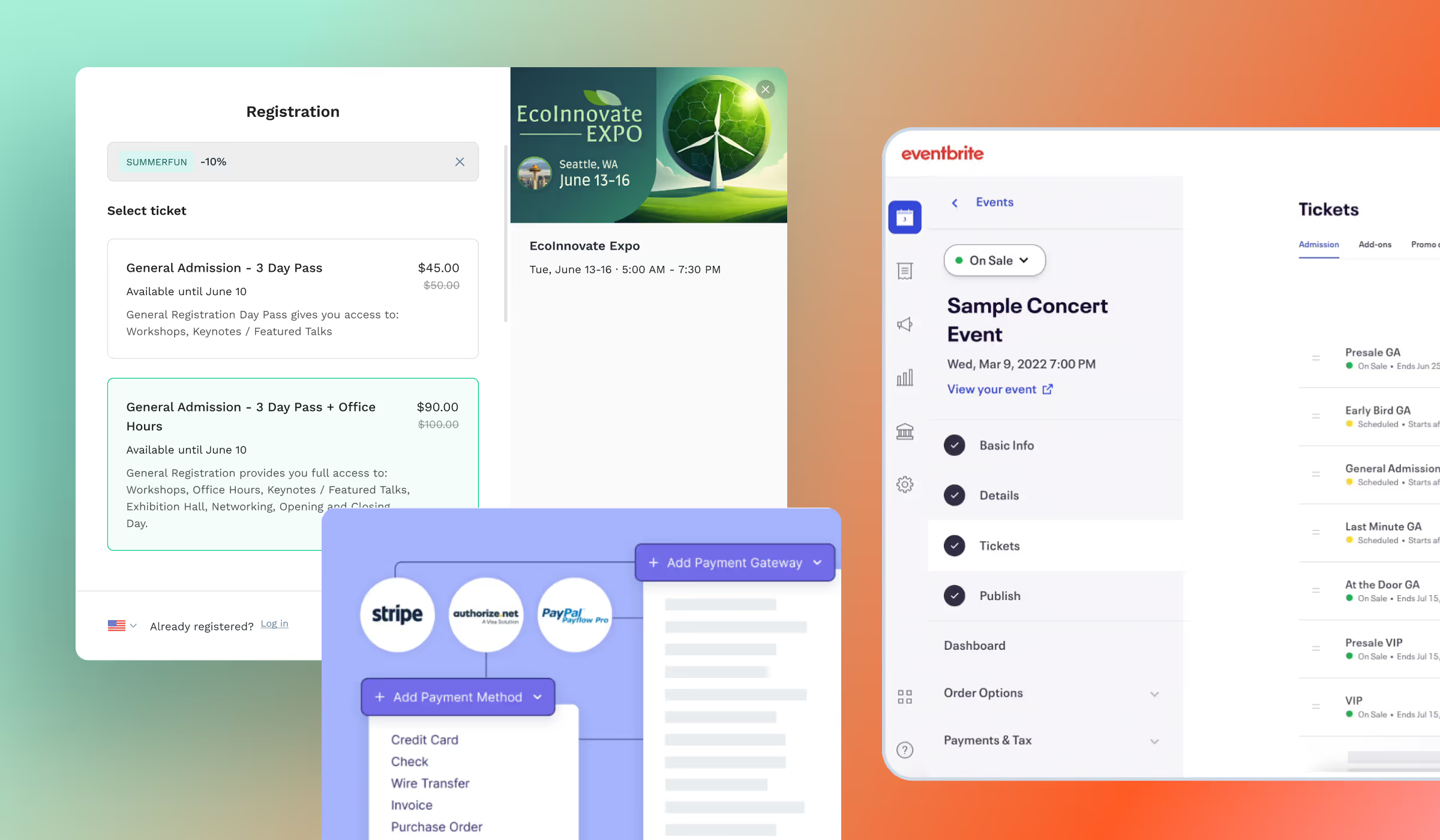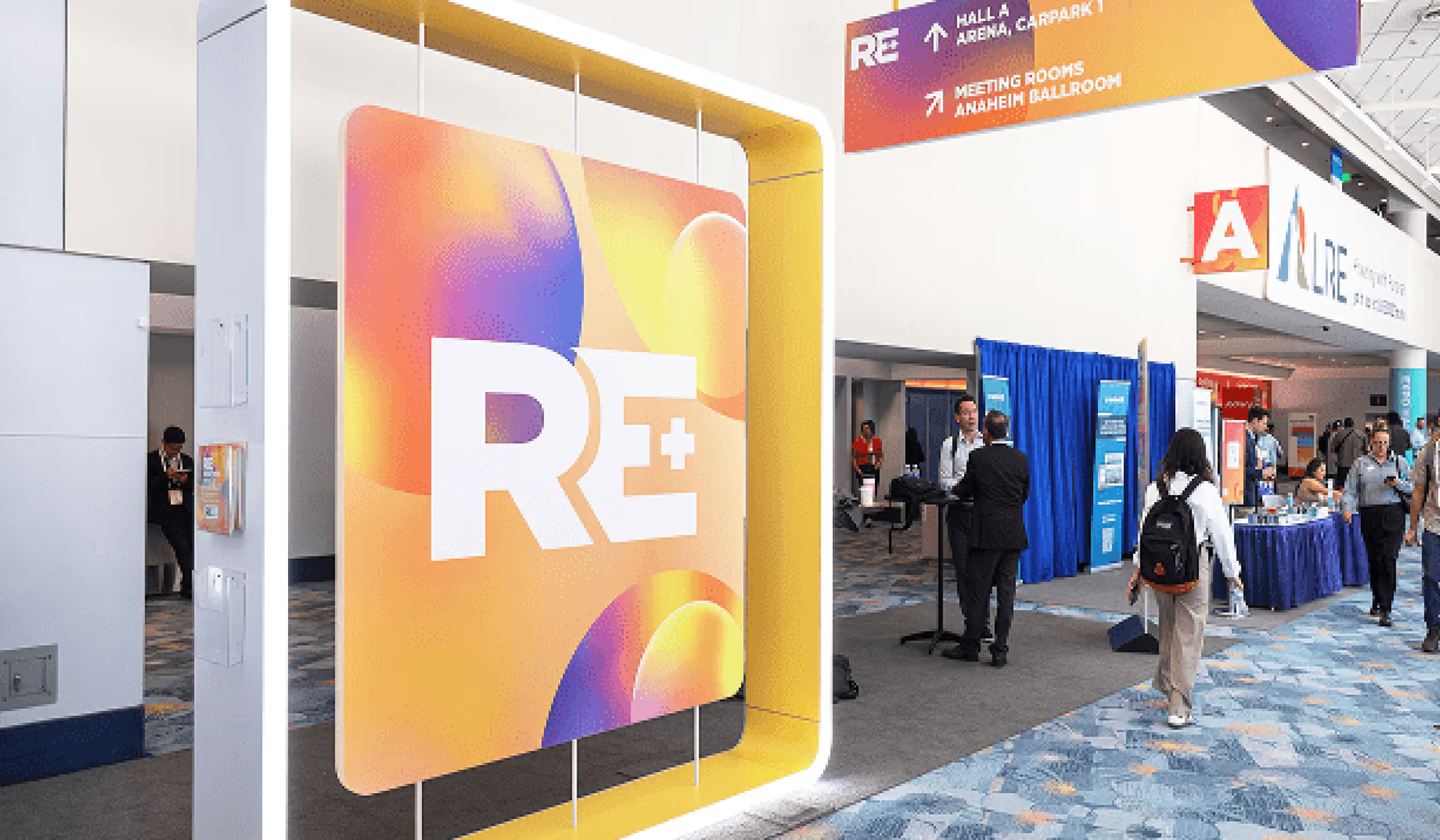The Swapcard Blog
Thank you! Your submission has been received!
Oops! Something went wrong while submitting the form.
Topic:
Hybrid events
Not All Event Apps Are Built the Same: Why the Best Tools Go Beyond the Surface
Basic event apps leave teams juggling tasks and missing revenue. Robust platforms centralize workflows, increase engagement, and deliver real data insights.
Read articleJoin our community of over 10,000 event enthusiasts who receive exclusive news, tips, and insider info!
Sign up for our newsletter



















.avif)







































.avif)
































.svg)


.svg)
.svg)
.svg)





